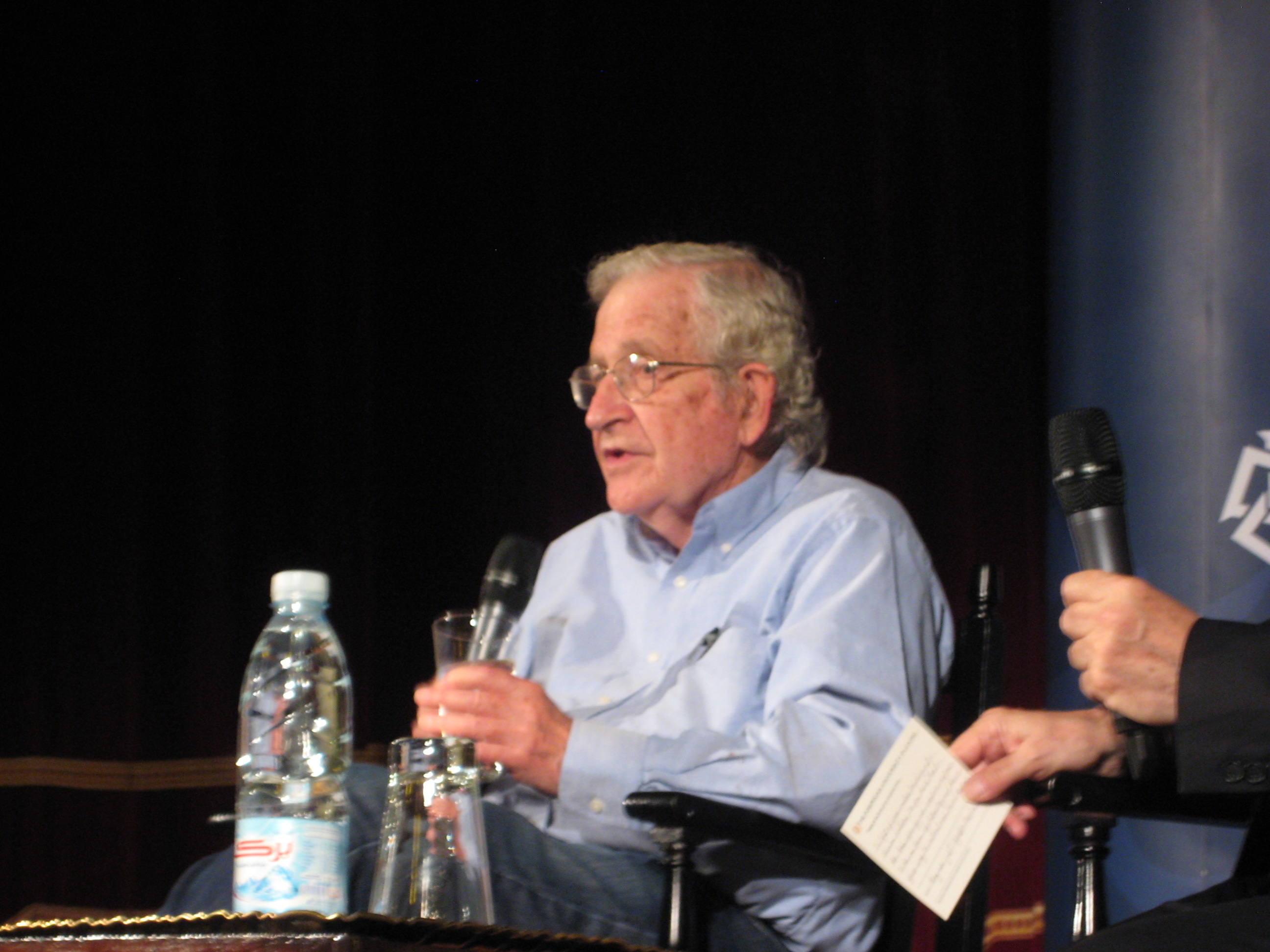CAIRO: Voters in eight Egyptian governorates are set to head back to the polls one final time for run-offs in the third round of the People’s Assembly elections. Those candidates elected today will finalize the remaining 136 of the parliament’s 444 elected seats.
The National Democratic Party has secured 222 seats and analysts say the party is on target to control two-thirds of parliament. Meanwhile, all eyes have been on the banned Muslim Brotherhood, who have gained an unprecedented 76 seats thus far, a major jump from the 17 seats they occupied following the 2000 election. While they made no gains in the initial phase of round three, experts believe they will walk away with a number of seats in the run-off.
Resurrecting the slogan of the Islamic Alliance, “Islam is the Solution paved the way for the Muslim Brotherhood’s greatest win, surpassing even the 1987 elections, where the group won 36 seats. Despite their ongoing battle to establish themselves as an official party, the group far surpassed all other opposition groups, political analysts say, because they have the largest, impenetrable way to reach their voters.
“[Opposition parties] could not operate outside their own headquarters – they are like parties under house arrest, explained Saad Eddin Ibrahim, professor of Political Sociology at the American University in Cairo (AUC) and chairman of the Ibn Khaldun Center for Development Studies.”[The Muslim Brotherhood] had access to their congregation through 100,000 mosques every Friday and possibly even five times a day.That kind of access to both natural supporters, as well as potential supporters, gives them an edge over everybody else, including even the National Democratic Party.
With their success, however, comes trepidation. Left wing and even moderate political groups have expressed concern over the impact the Muslim Brotherhood would have on the nation should they continue to make gains in the government. Brotherhood activists call the resistance against them the product of biased media,saying that they are simply misunderstood.
“Frankly speaking, people have a right to be afraid because there are so many misconceptions about the opinions of the Muslim Brotherhood and their attitude of handling things, explained Omar Derrag, vice chair for Cairo University’s Staff Association, and a spokesman for the Islamic group. “The Christians, the liberals, they have a reason to be afraid because they don’t know the whole truth. Christians should be assured – to the contrary to what they expect – the Muslim Brotherhood is very keen on their welfare.
Still, resistance against the group continued in the hours leading up to the final runoff. Yesterday, Muslim Brotherhood officials reported the arrest of at least 69 members in what they say is an effort to intimidate voters. Last week, more than 1,200 Muslim Brotherhood supporters were detained in the days following third round voting.
Comments Monday by the group’s first deputy,Mohammed Habib, have raised further concerns regarding the Muslim Brotherhood’s stance on secularism. In a statement outside the group’s Menial Al-Roda headquarters, Habib stated that non- Muslims have no guardianship over Muslims, according to Islamic law and thus, a Christian can never be president.
“Some Muslim clerics say that in an Islamic state, the head of state,in our case the president, must be Muslim, elaborated Derrag. “In a country where the majority of the people are Muslim, it makes sense that the president should be Muslim.
Ultimately, Muslim Brotherhood candidates press the urgent need for political reform. In a nation where they cannot legitimately represent their country on an official ticket,the Brotherhood says the country must not forget where its priorities lie at present.
“There is a limit in the movement of the political parties, said Amr El Shobky, a political scientist with the Al-Ahram Center for Political and Strategic Studies. “They are in the media during the elections, but their coverage during the year is marginalized.Also, they have responsibility that they do not have smooth internal operations – they have a lot of problems from within.The solution is there needs to be a new law – not just for Muslim Brotherhood – but for the new generation of parties, including El- Ghad, El-Karamah, and the Wassat Party, for example.
“There are issues such as citizenship, democratic values and the women, and their position on these issues is unclear, said El Shobky “Until now,they are trying to calm the people, so they are not setting boundaries. Their position remains in the middle. If there is a democratic opening in the country – because we mustn’t forget they are banned until now – that is when we will really see a more defined position from the Muslim Brotherhood.
Once the final tally is taken following today’s runoff, President Hosni Mubarak then appoints an additional 10 seats to the 444-elected seats. Traditionally, the move is meant to compensate for minorities that fell behind in the vote, particularly where women and Christians are concerned.
“Only 3 women won out of the 6 who were nominated, said Ibrahim. “Less than one percent of those elected are Copts and less than 2 percent women.To cover up this failure, [Mubarak] will probably appoint a lot of women, maybe four women and four Copts, and maybe two others …

